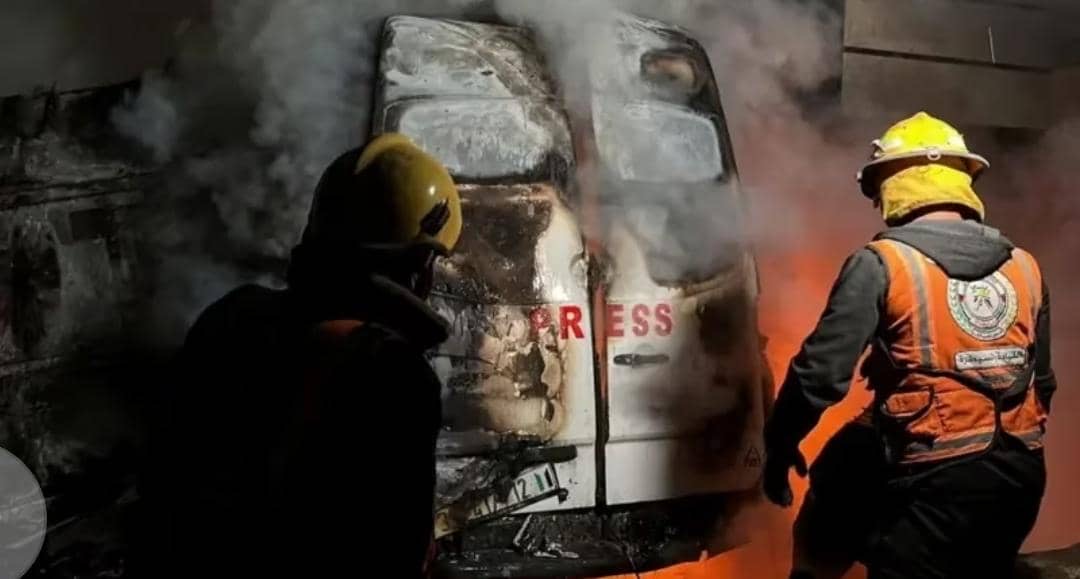BANTUL – Indonesia began immunising quake survivors against measles yesterday and helicopters swept disaster sites on Java island to look for isolated victims, but help was still too slow for many.
Indonesian Health Minister Siti Fadillah Supari said the government was also evacuating patients from hospitals in the immediate area to more distant cities to relieve overcrowding. “For now (the hospitals) are starting to get tidy and we have penetrated isolated areas using mobile clinics …helicopters dispatch food while airlifting the patients,” she told Reuters.Saturday’s 6.3 magnitude earthquake, centred just off the Indian Ocean coast near Yogyakarta, the main city in the region, has killed 5 846 people and left 130 000 homeless.Hardest hit is Bantul, where entire villages were levelled and homes reduced to piles of wood, tiles and tin.There were no signs of disease, but medicines were being sent to affected areas to prevent diseases like measles and malaria.Some survivors said they still lacked more basic aid.”We get aid from private donors, but we haven’t received any from the government,” said Mohammad Aziz, 35, who managed to save his nephew, but lost his 68-year-old father in the earthquake.Amid a heap of rubble, Aziz retrieved the doors from his house, which he plans to use as a floorboard in his tent.”When it rains, our tent will be flooded.Because there is no flooring, we will be on wet soil,” he said, gazing at the spot where he found his father’s body.Charlie Higgins, UN team leader in Yogyakarta, told Reuters problems were to be expected in such situations.”It’s very difficult in terms of meeting the most urgent need immediately…distribution is always a challenge when you are starting from scratch,” he said.Higgins said Indonesia’s government should be able to handle the Java aid situation without the UN taking a leading role, in contrast to the situation in Aceh province after the December 2004 earthquake and tsunami left 170 000 dead or missing.”…the role here is very different to Aceh.This is not an overwhelming disaster for the authorities, certainly not at a national level, but not even at a provincial level.So it’s a question of (the UN) supporting, very much, their lead.”Dozens of countries ranging from South Korea and Singapore to Saudi Arabia and the United Arab Emirates have pledged cash, supplies and personnel.UN agencies and private international organisations began sending aid soon after the quake.- Nampa-Reuters”For now (the hospitals) are starting to get tidy and we have penetrated isolated areas using mobile clinics …helicopters dispatch food while airlifting the patients,” she told Reuters.Saturday’s 6.3 magnitude earthquake, centred just off the Indian Ocean coast near Yogyakarta, the main city in the region, has killed 5 846 people and left 130 000 homeless.Hardest hit is Bantul, where entire villages were levelled and homes reduced to piles of wood, tiles and tin.There were no signs of disease, but medicines were being sent to affected areas to prevent diseases like measles and malaria.Some survivors said they still lacked more basic aid.”We get aid from private donors, but we haven’t received any from the government,” said Mohammad Aziz, 35, who managed to save his nephew, but lost his 68-year-old father in the earthquake.Amid a heap of rubble, Aziz retrieved the doors from his house, which he plans to use as a floorboard in his tent.”When it rains, our tent will be flooded.Because there is no flooring, we will be on wet soil,” he said, gazing at the spot where he found his father’s body.Charlie Higgins, UN team leader in Yogyakarta, told Reuters problems were to be expected in such situations.”It’s very difficult in terms of meeting the most urgent need immediately…distribution is always a challenge when you are starting from scratch,” he said.Higgins said Indonesia’s government should be able to handle the Java aid situation without the UN taking a leading role, in contrast to the situation in Aceh province after the December 2004 earthquake and tsunami left 170 000 dead or missing.”…the role here is very different to Aceh.This is not an overwhelming disaster for the authorities, certainly not at a national level, but not even at a provincial level.So it’s a question of (the UN) supporting, very much, their lead.”Dozens of countries ranging from South Korea and Singapore to Saudi Arabia and the United Arab Emirates have pledged cash, supplies and personnel.UN agencies and private international organisations began sending aid soon after the quake.- Nampa-Reuters
Stay informed with The Namibian – your source for credible journalism. Get in-depth reporting and opinions for
only N$85 a month. Invest in journalism, invest in democracy –
Subscribe Now!






